A collection of relevant classical sources
Collated and Translated by Heiner Fruehauf
National University of Natural Medicine, College of Classical Chinese Medicine
According to the five phase element system, the large intestine is classified as a metal organ. Modern Chinese medicine discourse, therefore, has exclusively focused on this organ’s association with the metal season of fall. In original Neijing cosmology, however, the five phase system is paralleled by a more complex and inclusive system of twelve functional entities that correlate the twelve months of the year with the order of the twelve channel systems that we now refer to as the “organ clock.” In this system, which does not contradict but rather amend the simpler view of lung metal function, large intestine function is likened to the energetics of the second month of spring. By studying classical sources about the second month, therefore, we can recover valuable and clinically practical information about deeper aspects of large intestine physiology/pathology that are otherwise not overtly expressed in the Neijing itself.
- Erya: 二月為如 “The second month is represented by Ru.” According to the Shuowen jiezi dictionary, ru means “to follow orders” (如,從隨也;徐鍇曰:女子从父之教,从夫之命,故从口). In the energetic progression of the year, the expanding yang-qi commands all living things to emerge during the second month of spring, a command which is followed in the form of sprouting plants and emerging insects and the return of hibernating animals and migrating birds. A related interpretation of ru is therefore “to move forward in a goal-oriented way” (往也,至也). Another pertinent interpretation of ru is “same, similar, even, alike, uniform” (一曰若也,同也). While the world is sprouting and producing the realm of the 10,000 things, all of them are not yet differentiated and look alike at this stage of creation/production. This is why the phenomena of military uniforms, mass consciousness (“psychology of the masses”) and the conveyer belt production lines of the industrial revolution belong to the category of the 2nd month and the Large Intestine. At the same time, this meaning of ru is a reference to the vernal equinox when the yin and yang of light and dark are even (Dong Zhongshu: 二月、八月,陰陽正等,無多少也 “During the 2nd and 8th month yin and yang are exactly even, none has more or less than the other”). 歲二月,同律度量衡。Shujing: “During the 2nd month, everything has the same length and equal weight.” 日夜分則同度量,鈞衡石。Yueling: “At the equinox they make uniform the measurements of length and containment.” In ancient times, the ability to properly determine the standards for the measurements of time and space entitled a leader to political power. Command over the physical world, the setting of standards and rules for the public domain, and political power are thus some of the main themes encountered in the “story” of the 2nd month and the Large Intestine.
- 至驚蟄二月節後,氣漸和暖 After the Awakening of Insects period of the 2nd month the weather gradually becomes harmonious and warm. (Shanghan lun, chapter 3)
- 行十二時之氣,以至于仲春二月之夕,乃〔布〕收其藏而閉其寒,女夷鼓歌,以司天和,以長百穀禽(鳥)〔獸〕草木。In the process of the year’s energy moving through the annual cycle of twelve, when the eve of the 2nd month of spring is reached the storing forces of nature are reigned in and the cold influences are shuttered away. Women from the Eastern tribes dance to drums, in order to bring about the harmonious interplay of nature’s forces and to stimulate the growth of all grains, birds, animals, and plants. (Huainanzi, chapter 3)
- 靈星之祭,祭水旱也,於禮舊名曰雩。雩之禮,為民祈穀雨、祈穀實也。春求〔雨〕,〔秋求〕實,一歲再祀,蓋重穀也。春以二月,秋以八月。… 二月之時,龍星始出,故《傳》曰:「龍見而雩。」The sacrifice to Lingxing (the Magic Rain Star—Horn of the Blue-Green Dragon, in 700 BC emerging above the horizon at this time of year) is a sacrifice to prevent drought. The old name for this ritual is Yu—Rain Sacrifice. The ritual of the rain sacrifice is one where the people pray for “rain on grain” and then for “grain harvest.” In spring they seek rain, in autumn they seek a bumper harvest—a set of double sacrifices focusing on grain every year. In spring, these are executed during the 2nd month, in fall during the 8th month. … During the 2nd month the Rain Star first appears, and therefore the Annals state: When the Dragon is sighted the Rain rituals commence. (Lunheng, chapter 77)
- 周四月,今〔二月也〕,〔先〕農之時也 The 4th month of the Zhou dynasty, which is what we nowadays call the 2nd month, marks the commencement of the agricultural season. (Fengsu tongyi, chapter 8)
- 維王二月既生魄 During the 2nd month the Po spirits are born.
- 嫁娶必以春者,春、天地交通,萬物始生,陰陽交接之時也。《詩》云:「士如歸妻,迨冰未泮。」《周官》曰:「仲春之月,(合)〔令〕會男女,令男三十娶,女二十嫁。」《夏小正》曰:「二月,冠子娶婦之時Marriage for both men and women most appropriately happens in spring time. Spring is the time when heaven and earth intercourse and all living things are first born—the time when yin and yang first connect. … The classic Offices of the Zhou states: During the 2nd month men and women are commanded to get together, with the recommendation that men marry at 30 and women become betrothed at 20. (Baihu tong, chapter 40)
- 二月八月,德與刑相半,故二月物半傷於寒,八月物亦半傷於寒;二月之時,德欲出其士眾於門,刑欲內其士眾於門,俱在界上;故二月八月萬物刑德適相逢,生死相半,故半傷也 During the 2nd and 8th month the transformative forces of life (de) and the punishing forces of death (xing) are even, and it is for this reason that during the 2nd month all living things are half injured by cold forces, and that they are again partially injured by cold during the 8th month. During the 2nd month the transformative forces of life want to bring everyone out and gather them at the gate, while the punishing death forces want to keep everyone in and gather them at the gate, so that everyone ends up being gathered at the dividing line that separates the realms of inside and outside. Therefore, during the 2nd and 8th months the transformative life forces and the punitive death forces encounter each other and life and death each hold one half of the equation—thus the term “half injured” applies to these times. (Taiping jing, chapter 3)
- 仲春之月,御青陽正室,牲先脾,設主于戶,索祀于震正。朔令曰:棄(怒)〔怨〕惡,解役罪,免(優)〔憂〕患,休罰刑,開關梁,其禁田獵不宿,飲食不宿享,出入不節,奪民農時,及有姦謀 During the 2nd month of spring the Emperor is seated in the Central Chamber of the Eastern section of the Ancestral Temple. During sacrifices, it is the spleen of the victim that is first offered. The tablets of spirits are erected at the Door, and sacrifices are performed to the Thunder Spirit. The Command of the Seasons states: Do away with emotions of anger and hate, release the prisoners, avoid depressed states, rest punishments, and open the passes and bridges. The seasonal taboos of this time are hunting without rest, eating and drinking without sacrifice, and coming and going without rhythm. If the peasants are deprived of starting their agricultural activities at this time, treachery and betrayal in the country will follow. (Shangshu, chapter 7)
- 親桑于北宮。二月初吉。遂布令於天下。百辟兆民。使咸務焉。是以仲春之月 At the beginning of the 2nd month it is auspicious for the Emperor’s wife to personally attend the silkworm ceremony in the Northern Palace. The Emperor then sends out commands in all directions of the Empire, to rise the people and call them to their respective duties. This is done during the 2nd month of spring.
- Quotes from chapter 6 of the Liji (Yueling):
- “In this month, they keep both the young buds and those more advanced from being disturbed; they nourish both the young animals and those not fully grown; they especially watch over all orphans.” (Legge)
- “Orders are given to the people to sacrifice at their altars to the spirits presiding over their fields.” (Legge)
- “Orders are given to the proper officers to examine the prisons; to remove fetters and handcuffs; that there shall be no unregulated infliction of the bastinado; and that efforts shall be made to stop criminal actions and litigations.” (Legge)
- “In this month the swallow [mythological totem animal of the Shang dynasty] makes its appearance. On the day of its arrival, the son of Heaven sacrifices to the first match-maker with a bull, a ram, and a boar.” (Legge)
- “In this month day and night are equal.” (Legge)
- “At the equinox they make uniform the measures of length and capacity; the weight of 30 catties, the steelyard; and the weight of 120 catties. They correct the peck and bushel, the steelyard weights and the bushel-scraper.” (Legge)
- “In this month, few of the husbandmen remain in their houses in the towns.” (Legge)
- “In this month the fishermen should not let the streams and meres run dry, nor drain off all the water from the dams and ponds (in order to catch all the fish), nor should the hunters fire the hills and forests.” (Legge)
- The son of Heaven at this time offers a lamb to the ruler of cold, and opens the reservoirs of ice.” (Legge)
- “On the first ting day orders are given to the chief director of Music to exhibit the civil dances and unfold the offerings of vegetables to the inventor of music.” (Legge)
- “In this month at the smaller sacrifices they do not use victims. They use offerings of jade, square and round, and instead of victims skins and pieces of silk.” (Legge)
- 八月失政,二月雷不發 If during the 8th month the country’s rule is in a state of chaos, thunder will not resound during the 2nd month. (Huainanzi, chapter 5) (note the cause/effect relationship of 2nd and 8th month functions, reflecting the close and important relationship of Kidney and Large Intestine); 二月勿食蓼,傷人腎 During the 2nd month, don’t eat Knotweed–otherwise there will be injury to the Kidney (Jingui yaolüe, chapter 25)
- Symbolically, the time/space position of the vernal equinox, the time of sunrise, and the direction of due East are associated with the Shang dynasty myth of the Hollow Mulberry (Fusang, or Qiongsang) from which the ten suns of the 10 day Shang dynasty week were once said to rise: 儒者論:「日旦出扶桑,暮入細柳。扶桑、東方〔之〕地,細柳、西方〔之〕野也。桑、柳天地之際,日月常所出入之處。」問曰:歲二月、八月時,日出正東,日 入正西,可謂日出於扶桑,入於細柳 The learned Confucian scholars say: ‘The sun rises at dawn from the Straight-up Mulberry, and sets at dusk into the Humble Willow. The Straight-up Mulberry is located in the lands of the East, the Humble Willow is located in the territory of the West. The Mulberry and the Willow mark the boundary between Heaven and Earth, and are the places where sun and moon normally ascend from and descend into.’ Answering the question if during the 2nd and 8th month of the year the sun rises due East and sets due West, one could alternatively say that the sun then rises from the Straight-up Mulberry and sets in the Humble Willow. (Lunheng, chapter 32) (note that the Shang myth of the rising sun(s) and the Sacred Mulberry is alluded to directly in the symbolism of the acupuncture point names of the Large Intestine channel, especially the first 10 points)
- 來降燕,乃睇。燕,乙也。 [During the 2nd month] the swallows arrive and descend, and look for suitable houses to nest in. The swallow (yan) is also called yi [same character as the 2nd heavenly branch, which is associated with the 2nd month; the call of the swallow, moreover, sounds like “yi, yi”; according to the Erya yi dictionary, the designation yi for swallow was especially common in the Eastern states of Qi and Lu, which in turn are the ancient countries associated with the stellar constellations Kui and Lou and the 2nd month of the year; the surname Kong 孔, derived from 乙, is a common name in ancient Lu, with its most famous resident—Kongzi/Confucius–being the best known example]. (Da Da liji, chapter 2) (note that in the Shang dynasty version of the universal myth of immaculate conception, Jian Di became pregnant after swallowing the egg of a swallow and gave birth to Xie, the mythical ancestor of the Shang tribe. As a bird that arrives at the vernal equinox and leaves at the autumnal equinox, the swallow has always been a symbol for the movement of the generating force in Chinese culture, and is often regarded as an emblem of the sun itself. The image of the swallow has thus remained synonymous with functions of pregnancy and fertility in China, and even today Southern tribes people often still leave an opening in the upper reaches of their houses to invite returning swallows to nest there, as a harbinger of fertility and pregnancy. Yi Zhou shu, chapter 52: 春分之日,玄鳥至 … 玄鳥不至,婦人不〔娠〕On the day of the vernal equinox, the swallows arrive … If the swallows do not arrive, women will not get pregnant)
- In China, the 8th day of the 2nd month has traditionally been celebrated as the birthday of the Sakyamuni Buddha. Confucius’ birthday is celebrated during the 8th month of the year.
© 2009 Heiner Fruehauf

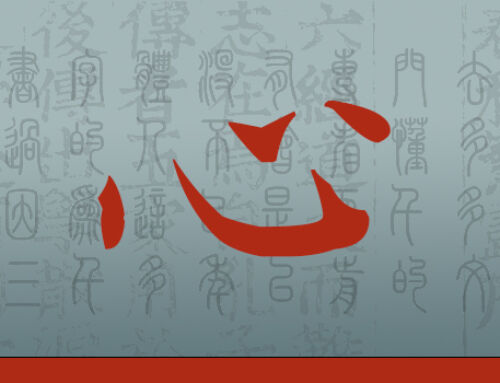
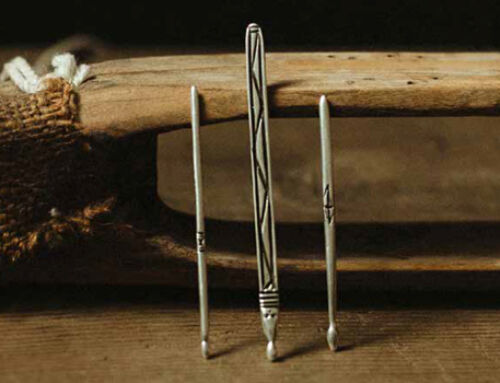
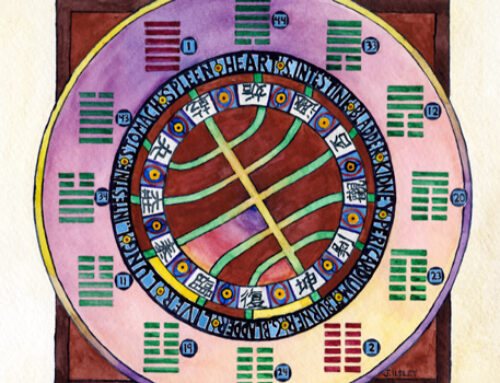
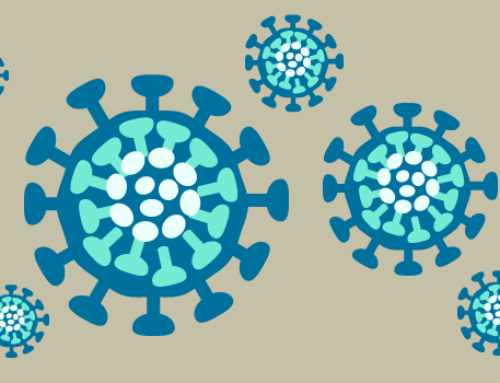
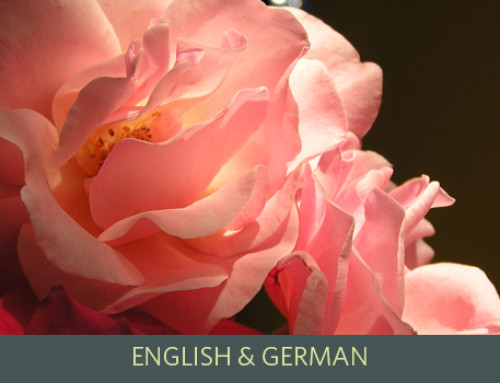
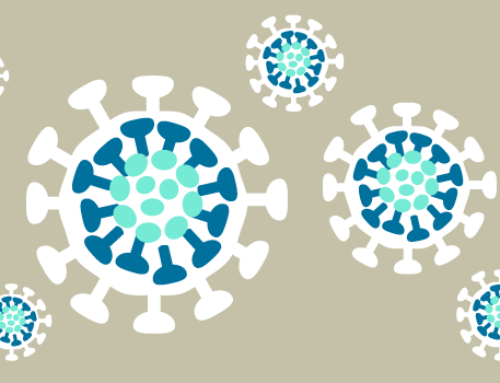
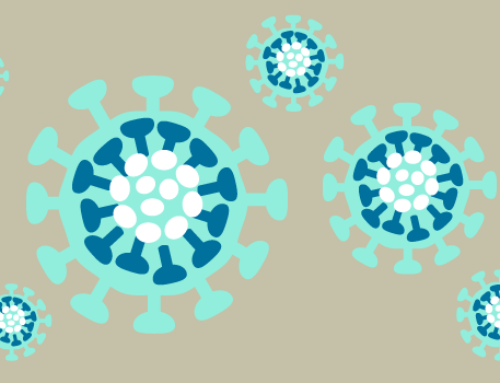
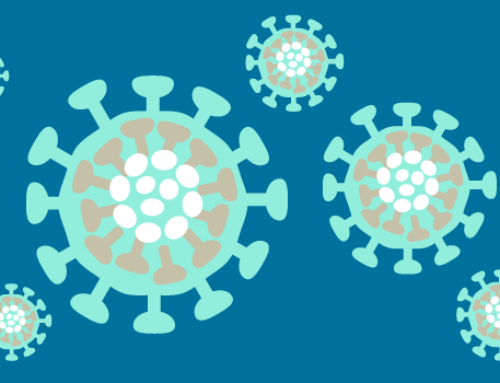
I love this!!